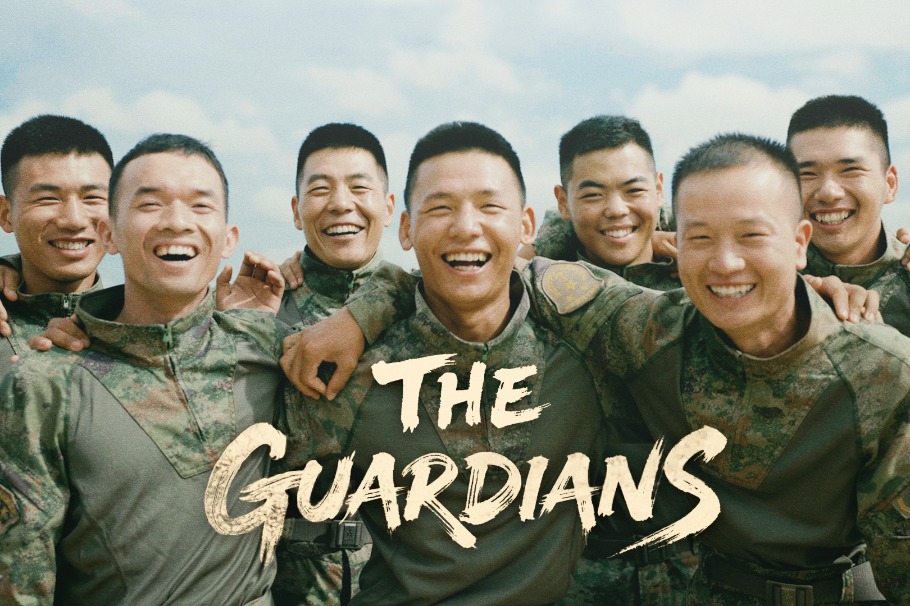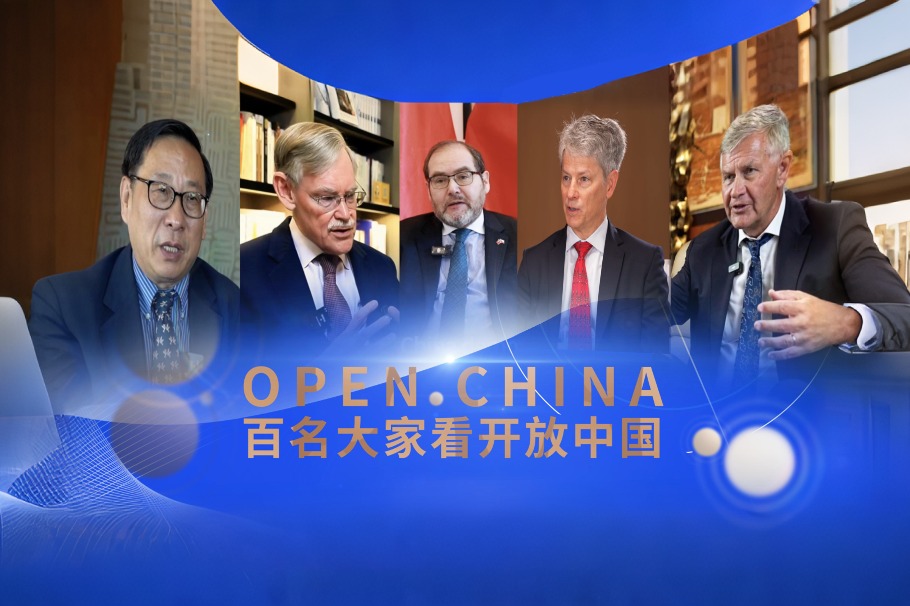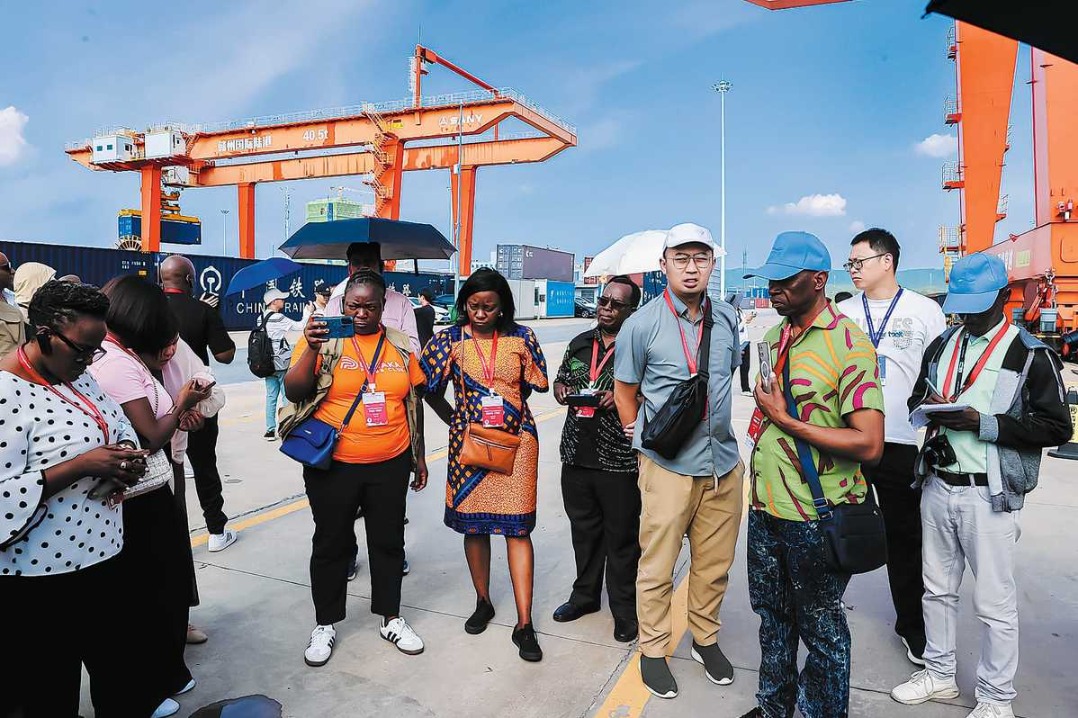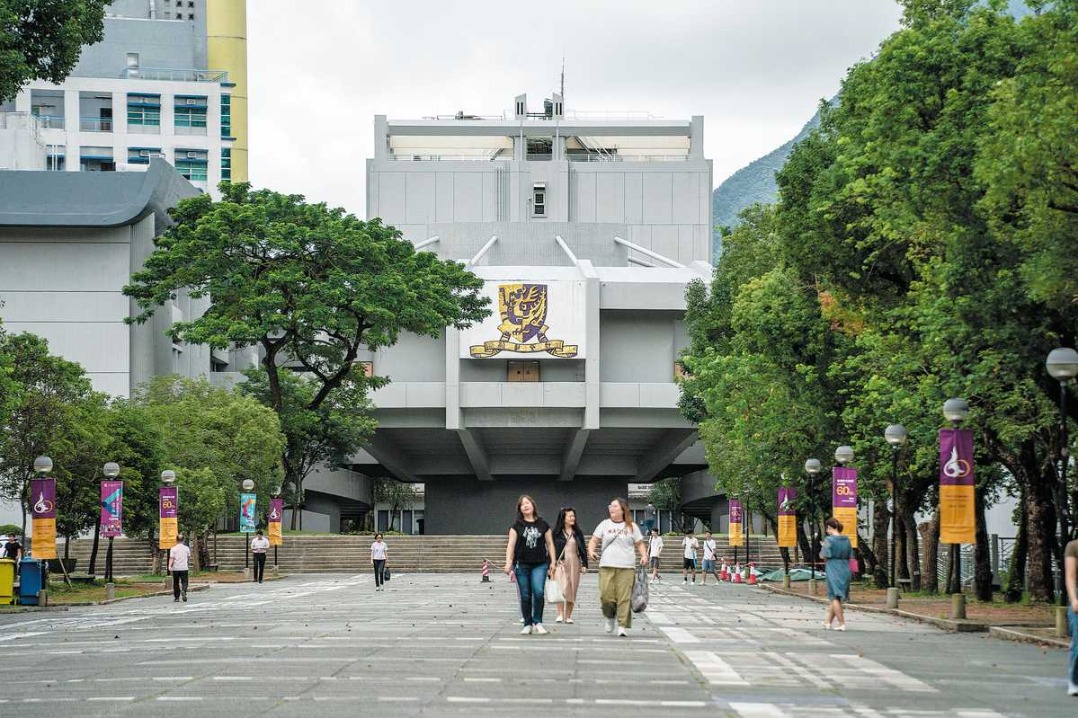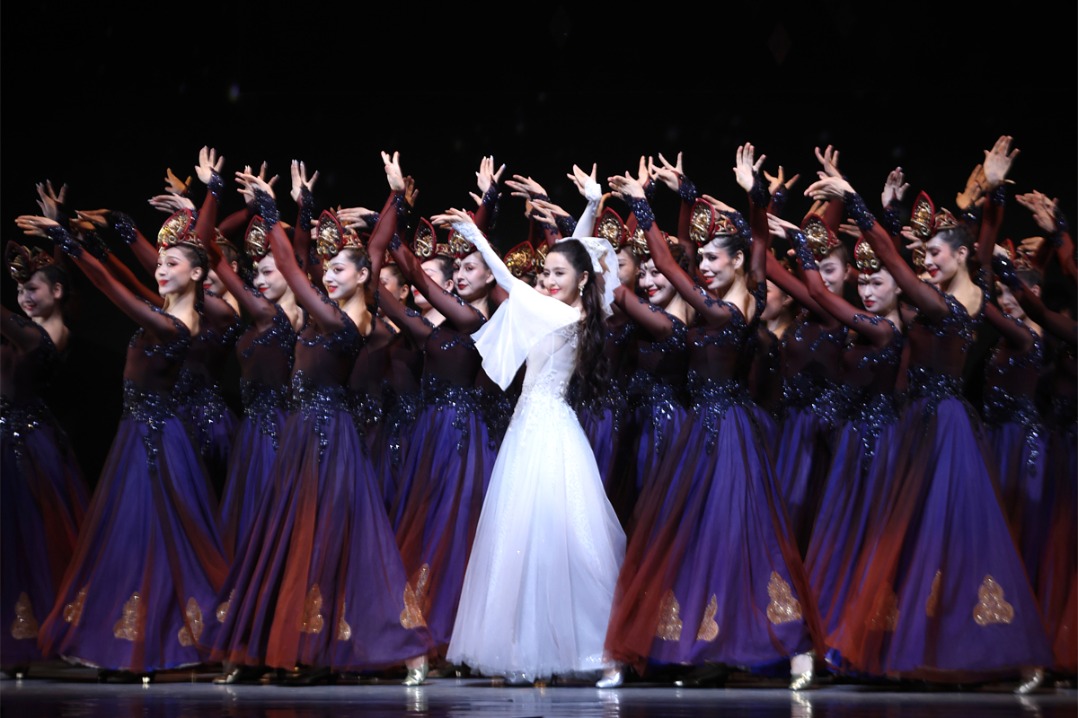Data doubts put malaria drug back in the running

WASHINGTON-Three of the four authors behind a study in The Lancet that raised safety fears over the use of a drug favored by US President Donald Trump to treat COVID-19 withdrew their research on Thursday, blaming a company that supplied the data.
It was soon followed by the retraction of another coronavirus paper in the New England Journal of Medicine, which was not linked to hydroxychloroquine but used the same healthcare firm's patient records.
The Lancet study claimed to have retrospectively analyzed some 96,000 patient records, finding that hydroxychloroquine and chloroquine, common anti-malarials, were ineffective against COVID-19 and even increased the risk of death.
Heart arrhythmia was flagged as a particular concern.
This finding led the World Health Organization to temporarily suspend clinical trials into the medicines.
But the paper soon triggered widespread concern among scientists over a lack of information about the countries and hospitals that contributed data.
Mandeep Mehra, a professor at Harvard University who led the work, along with Frank Ruschitzka of the University Hospital Zurich and Amit Patel of the University of Utah, said in a statement they had tried to launch a third-party peer review.
But Surgisphere, a little-known healthcare analytics firm based in Chicago that provided the data, refused to cooperate.
"Due to this unfortunate development, the authors request that the paper be retracted," the three said.
"We deeply apologize to you, the editors, and the journal readership for any embarrassment or inconvenience that this may have caused."
Many questions
The Lancet offered its own statement, saying "there are many outstanding questions about Surgisphere and the data that were allegedly included in this study".
Despite the finding apparently vindicating hydroxychloroquine's safety, there is not yet any proof from a randomized clinical trial, or RCT, that the medicine works against COVID-19.
One such trial that was published on Wednesday found it was not significantly better than a placebo in preventing the disease among people who had been recently exposed to the virus.
But scientists broadly agree that more RCTs-considered the gold standard for clinical investigation are needed, and hydroxychloroquine should not be discounted yet.
Agencies via Xinhua
Today's Top News
- Pragmatic discussions can illuminate the way to a brighter future for China-EU ties
- Ruling parties suffer major defeat in Japan's upper house election
- China, EU to hold 25th China-EU Summit in Beijing
- China's records growth in internet users and AI technology
- Japan's ruling coalition loses majority in both parliament houses
- Mega-hydro project launched in Xizang


















